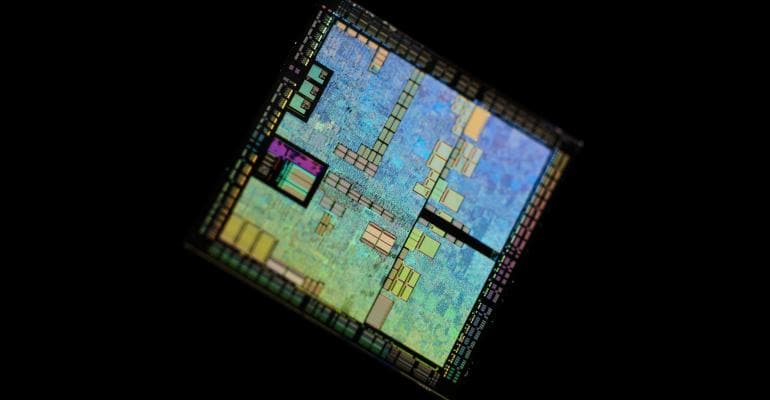
Modern computer chips are miniature systems, the result of decades of consolidating as many of the components on a circuit board as possible. But they would not be able to function without interconnects that allow different semiconductor blocks to communicate with each other. And as the amount of complex circuity that can be compressed on a chip grows, interconnect design costs are also going up.
That has resulted in the development of tools that can automatically build out the chip’s communications floor plan— more commonly called the NOC or network-on-a-chip. That serves to reduce development time and improve power and area efficiency. Provino Technologies, which recently raised $8 million in venture funding from Dell Technologies Capital, is one of the latest companies to enter that market.
Specifically, the company is going after the dozens of companies building machine learning silicon. They are using NOC technology to handle the traffic jam of data that occurs when running a neural network. These chips need to repeatedly grab data from memory and send it out to what could be thousands of processor and accelerator cores to tell the difference between, for instance, someone saying the words “potato” and “tomato.”
Provino was founded by chief executive officer Shailendra Desai, a former Apple engineering manager, with the assistance of Dan Dobberpuhl, a co-founder of MIPS core vendor SiByte, and Amarjit Gill, one of the founders of PA Semi, now the cornerstone of Apple’s internal semiconductor division. The company’s tools are targeted at automotive, consumer and other applications being affected by the software industry’s embrace of machine learning.
The company uses virtual channels to route large amounts of information around the processor. Provino’s technology, iFabric, also has support for dynamic voltage and frequency scaling, which plays around with the voltage of the processor to optimize power and performance. The company has also focused on improving the security and functional safety of its interconnects so that they can be used in applications like advanced driver assistance systems.
“Provino’s technology has a fresh approach to SoC design, addressing the challenging requirements of next generation chip design in the burgeoning artificial intelligence and machine learning markets,” said Daniel Docter of Dell Technologies Capital, adding that “our investment will help Provino as they grow.” The Santa Clara, California-based company currently has around 40 employees.
“We see opportunity in the NoC IP space,” Docter added. That was underlined last month when Intel announced that it would buy Netspeed Systems, one of the major players in NOC technology. The company’s tools were used by many of the largest semiconductor designers, including Cadence and Intel. Other players in the market include Sonics and Arteris, which sells NOC technology to Qualcomm, Samsung, Mobileye and NXP Semiconductors.


